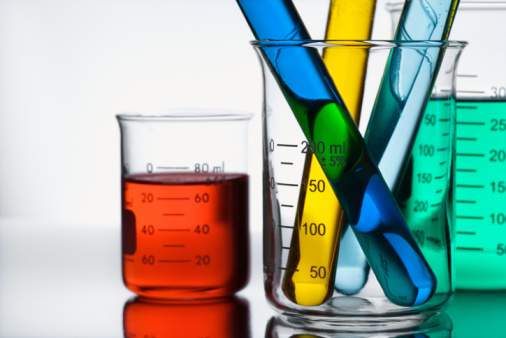What you need to know about water chemistry

With two decades of experience under our belt, we’ve come to understand some things about the way the water in your hot tub behaves – how it works, how it makes you feel, how it feels on your skin, how to keep it clean, how to keep you from wasting your time and money on bad practices.
In fact, water chemistry is one of those things that can make a huge difference in how much you enjoy your hot tub, and it’s our pleasure to share what we know. We enjoy having customers come into our showroom and want to understand the differences in saltwater and traditional chlorine tubs, or want to know what steps they can take to maximize their time between cleanings. But we also know plenty of people just want their tubs to work, and for the experience to be painless. So, here are some of the things we think will help you understand water chemistry, without getting into too many of the nerdy details.
Bring the dirt
Unlike a swimming pool, which gets rain and runoff and dust blown in, most of the contaminants that get into a hot tub come off your body. Lotions, hairspray, makeup, and your sweat all introduce solid particulates into the water, which have to be eliminated by the filtration system. Most people would see an improvement in the longevity of their water just by taking a quick shower before getting in the tub.
Adjusting chemical levels
Every artificial body of water, from pools to hot tubs to aquariums, has to maintain the proper balance of chemicals. The water in your hot tub has to be sanitized, it has to be at an appropriate pH level, and the minerals in it, like calcium, copper, magnesium, sodium, and anything else found in your tap water, have to be minimized.
Most pool and spa owners struggle with keeping their sanitizer content high enough, and their pH level in check. Your pH is especially important – the acidity of your water can fluctuate because of the body chemistry of the users, and because of environmental factors. Individual body chemistry is so important, in fact, that two neighbors in identical systems can be fighting pH battles in opposite directions. One might have a naturally more acidic body chemistry (or might eat a diet which generates a more acidic chemistry), which can drive the pH of the water to an unacceptably acidic level, while their neighbor can see their water moving in the opposite direction.
If the pH of your water is too high, it can cause scaling, cloudy water, and your sanitizer will work poorly. If your pH is too low, you risk corrosion, skin irritations and sanitizer that dissipates too quickly.
What does all of this mean for the typical spa owner? For an Emerald Springs owner, it means we’ll help keep an eye on your water chemistry. We worry about these things so our owners don’t have to. Have a question about your testing results? We’re happy to go over them with you, and give you the best possible plan for dialing in all of the factors that impact the quality of your water.




